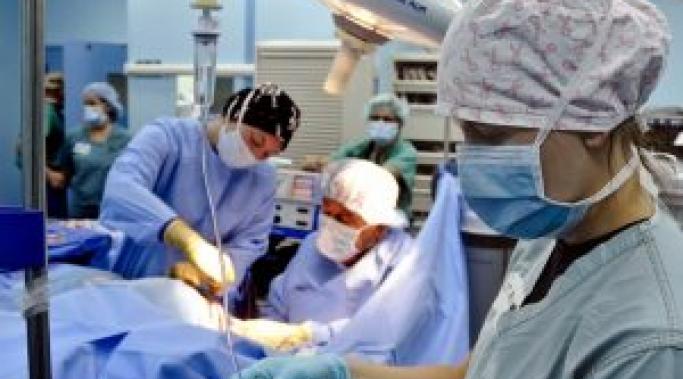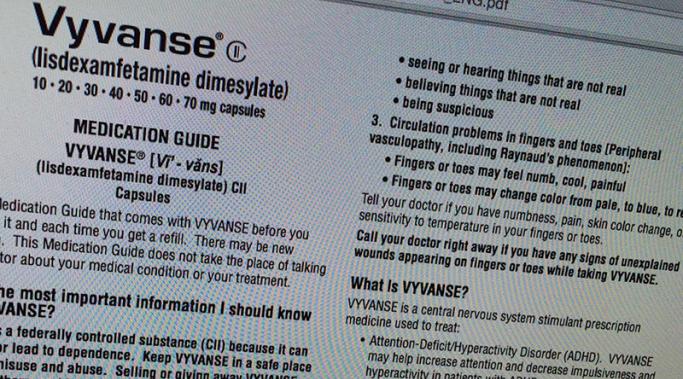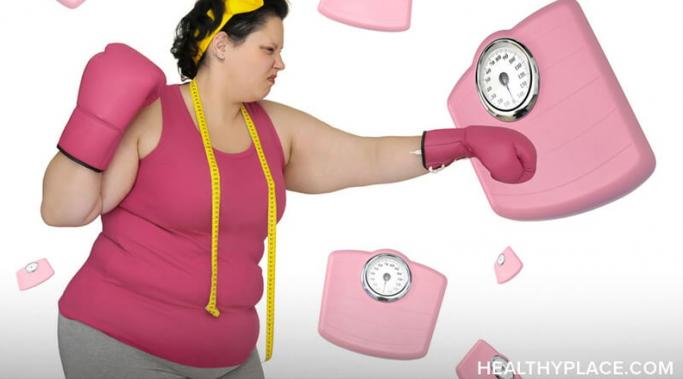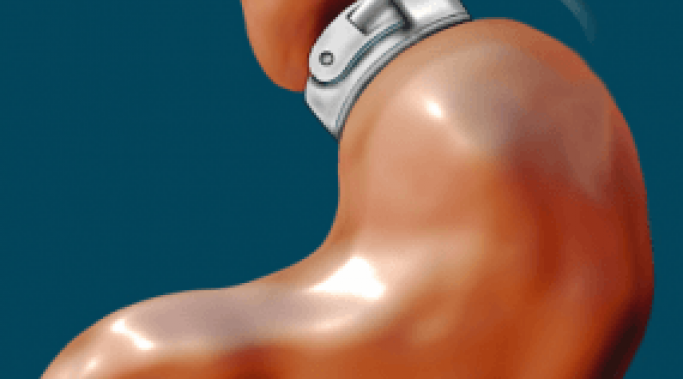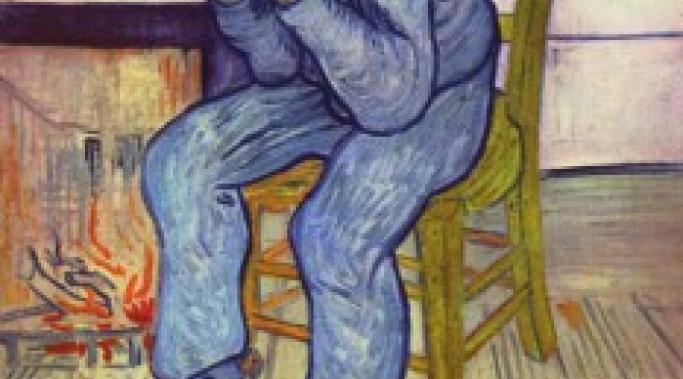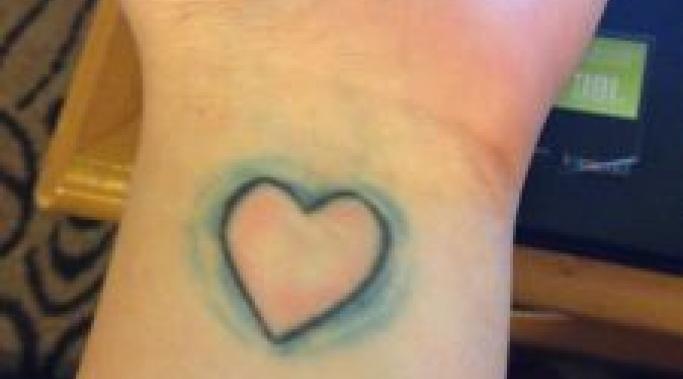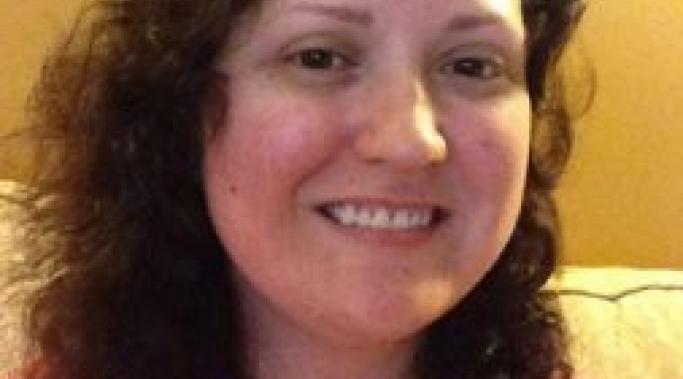A reader wanted to know about my recovery from gastric sleeve surgery for binge eating disorder. Here is a quick post about my recovery and the immediate diet following it. It wasn't easy, to say the least, but by following doctor's orders and taking it easy, I had a complication-free road to recovery and a great start to my new life as a sleever. Stay tuned for more of my experience with gastric sleeve surgery recovery and how it helped me with my binge eating disorder.
Binge Eating Recovery
When you have binge eating disorder, your weight can sometimes drastically fluctuate and sometimes the way people treat you as a person changes as your weight does. There's a misconception in popular culture that people lose weight in order to please other people and live up to societal ideals of beauty and that when they do, they become deserving of respect and fair treatment and are then granted a voice and a space to exist within this society. I call this concept "the good fat girl."
I wrote previously about my experience with gastric sleeve weight loss surgery for binge eating disorder. Now I'm going to go into a little more detail about my experience and how this changed my prognosis of binge eating disorder. Although gastric surgery is a huge decision and certainly not right for everyone, it can be an awesome tool used to treat this very serious eating disorder.
Vyvanse (lisdexamfetamine dimesylate) is a medication that was previously used to treat attention-deficit/hyperactivity disorder (ADHD), but Vyvanse is now being marketed as the first and only Food and Drug Administration (FDA) approved treatment for moderate to severe binge eating disorder. Although there are some concerns when it comes to taking this pill, it's a great opportunity for those suffering from binge eating disorder to have another treatment option to utilize. Also, the additional research will help progress binge eating disorder treatment options in the future.
It might seem obvious that starvation diets, restricting food to the point where you are not taking in enough calories for your body to properly function, is a bad idea. But when you have an eating disorder and you're desperate to lose weight, sometimes you do things that are definitely not good ideas. But starvation diets don't work in the long term and will only hurt your body. Although starvation diets are popularly linked with anorexia nervosa, people with other eating disorders can experience this as well.
In 2012, my weight was out of control, my eating was out of control, and I had failed every diet that I had been on in the last 20 years, including a starvation diet. I was lost as to what to do next. But I went to an informational session for bariatric surgery, and let's just say, it changed my life.
Lots of people with mental health disorders, such as binge eating disorder, don't just suffer from one mental illness. Comorbidity is a term used to describe when two or more chronic illnesses are present in the same person. While not everyone has this problem, lots of people do suffer from binge eating disorder and other mental health disorders. For instance, I have binge eating disorder and bipolar disorder. Sometimes, one mental health disorder can aggravate the other and it can make dealing with binge eating disorder all the more complicated.
When you suffer from a problem like binge eating disorder, you never really conquer all of your demons, particularly those of intrusive thoughts. As hard as you try to keep your thoughts positive and not focus on your body and weight, sometimes there is a spontaneous recurrence of your previous toxic ideas (intrusive thoughts). But when these things happen, and I promise you, they will, you have to take it in stride, realize that these thoughts are not correct and don't need to be considered. Then you have to tell yourself what is actually true.
Do you get unwanted, unsolicited medical advice about binge eating disorder? For me, it never fails. The second I mention to an acquaintance or family member, whether online or in person, something about my diet, my food, or anything of that nature, I suddenly get inundated with unwanted medical advice. Even offhanded comments, like trying a new food or baking for someone's birthday, causes people to switch into know-it-all mode and start dishing out doctor's orders about binge eating disorder that no one asked for. No one that you casually know should be advising you on your diet, especially when you didn't ask them to in the first place.
My name is Star LaBranche and I'm so excited to be writing for the new blog, Binge Eating Recovery. I've struggled with my weight and body image my entire life. Although my eating problems went unnoticed for years, I was finally diagnosed with overeating and food addiction (now known as binge eating disorder) a few years ago. Since then, it's been a journey of discovery to find a way to eat, be healthy and feel comfortable in my own skin. It hasn't been easy and there are always setbacks, but I'm on the right path.


